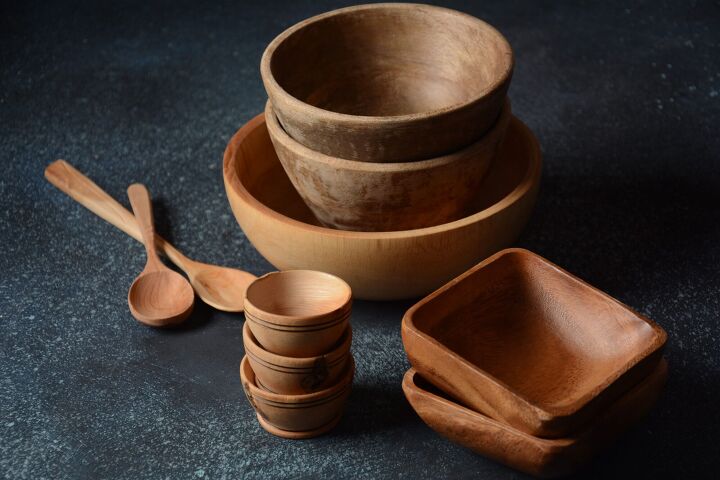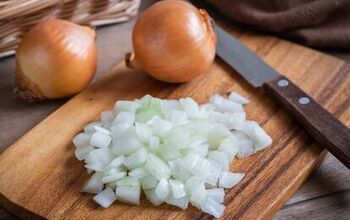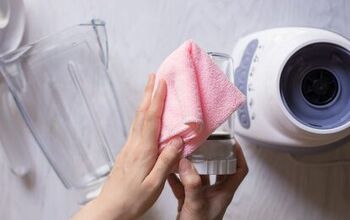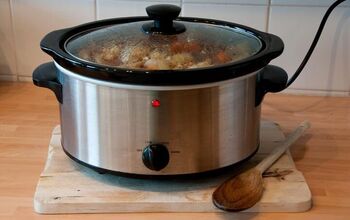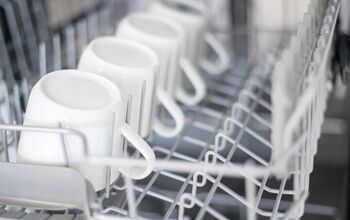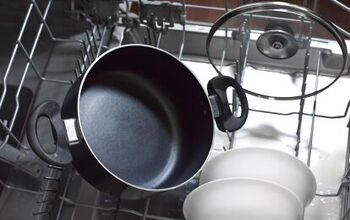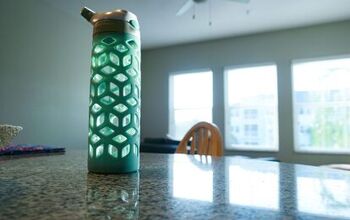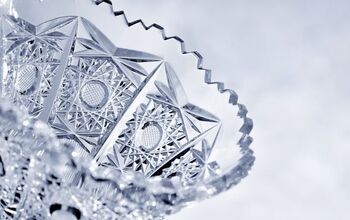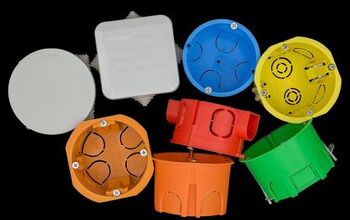Is Bamboo Dishwasher Safe? (Find Out Now!)

If you’re looking for an alternative to traditional flatware and cooking utensils, bamboo is an excellent choice. Not only is it more affordable than silver flatware, it is also durable, lightweight, and incredibly eco-friendly. In fact, the environmentally-friendly nature of bamboo is the main reason why bamboo kitchen utensils have become so popular in recent years.
Though, for the sake of convenience, you may be wondering: “Is bamboo dishwasher safe?” While some websites may claim that bamboo is dishwasher safe if the product is made from a single piece of bamboo with no glue or lacquer coating, this is simply not true. We strongly advise that you do not wash bamboo in the dishwasher, as the high heat and harsh detergents are too much for the material.
Instead, you should only hand wash bamboo utensils and flatware. The long exposure to hot water and harsh detergents can overdry bamboo, leading to a shorter lifespan of the utensils – especially when you consider the fact that bamboo utensils should last virtually a lifetime.
Do You Need a Maid Service?
Get free, zero-commitment quotes from pro contractors near you.

Why Use Bamboo Kitchen Utensils?
When it comes to shopping for utensils for your kitchen, you have so many material options to choose from – metal, wood, copper, stainless steel, aluminum, and even bamboo. How do you know which option is best?
If you’re someone who is environmentally-conscious (and everyone should be), you should consider opting for cooking utensils made from bamboo. Though, the eco-friendly nature of bamboo isn’t the only advantage of these kitchen utensils.
Lightweight & Comfortable
Ideal for camping, picnics, and travel, bamboo items are very lightweight, comfortable to use, and 100% biodegradable. Since bamboo is resistant to heat, there’s no risk of a bamboo spoon or ladle getting too hot to hold while you’re cooking. With bamboo utensils, you can handle them for a more extended period of time with no concern about burning yourself
Durable
While you might assume that bamboo is not durable because it’s a grass, this is simply not the case. The texture of bamboo utensils is tough, durable, and will hold up in virtually any food environment. These utensils are long-lasting and stronger than their wood counterparts. Not to mention – when compared to stainless steel, bamboo has a higher tensile strength.
Affordable
If you’re on a tight budget, bamboo utensils are an excellent choice. They come at much lower prices than both metal and wooden kitchen utensils.
Safe
Although many argue that plastic is safer because it can be run through the dishwasher and can stand up to higher water temperatures, the issue with plastic is that it cuts and scratches easily. As such, water and bacteria can start to collect in the material. Fortunately, bamboo evaporates excess water, is moisture-free, and naturally antibacterial and antifungal. As an added bonus, bamboo is toxin-free since it never requires fertilizers, pesticides, or other chemicals to supplement its growth.
Quick Fact: A case study found that the use of plastic cutting boards in the home is hazardous, potentially resulting in cross-contamination of foods with agents such as Salmonella. Whereas, using wooden or bamboo cutting boards is not hazardous.
Eco-Friendly
Since bamboo is a grass, it can be cut without killing the entire plant and when you move grass it’ll continue to grow instead of dying off. Once harvested, bamboo will grow back incredibly fast.
While a tree can take between 10 and 30 years to be fully grown, bamboo only takes five to seven years to be ready for harvesting. This makes bamboo a highly renewable, environmentally-friendly resource.
Scratch, Stain, & Odor Resistant
Utensils made from bamboo are resistant to scratching, meaning they won’t incur or cause any scratches from coming into contact with your cookware. They are safe for use with non-stick cooking surfaces and will not cause any harm to your pots or pans. Bamboo utensils are also stain and odor-resistant, which makes them very easy to clean.
How to Clean Bamboo Utensils
Though bamboo is often confused as a type of wood, it is actually a strong grass. Like wood, it is a natural resource and caring for bamboo utensils is similar to caring for wooden utensils. Although it’s not advised to put bamboo utensils in the dishwasher, this doesn’t mean that cleaning them has to be complicated.
To clean bamboo utensils – whether it’s cutting boards, spoons, flatware, or bowls – hand wash them immediately after use with a soft cloth or sponge, mild dish soap, and hot water. It’s always recommended that you rinse bamboo utensils right after use to prevent food from sticking.
If you must, use the cloth to scrub away at any stuck-on food particles. Or, for stubborn residue, use the dull side of a knife. Avoid using abrasive tools and cleaners and never soak the bamboo. Similar to wood, if bamboo gets immersed in water for too long it can swell and crack.
After cleaning, rinse the utensils thoroughly and pat dry with a clean rag. Then stand them upright to let them dry completely before putting them away.
How to Oil Bamboo Kitchen Items
If your bamboo kitchen items start to look or feel a bit dry, you can re-hydrate them using a food-grade mineral oil. You can also use a specific bamboo conditioning oil, which can be found at most kitchen supply stores. Oiling helps keep your utensils well-conditioned and prevents splintering or cracking from repeated use and cleanings.
To apply the oil, put several drops onto a clean cloth and rub it all over the utensil. Repeat until all the surfaces are coated. Before you use the utensil again, let it cure for about a day or two.
Do You Need a Maid Service?
Get free, zero-commitment quotes from pro contractors near you.

How to Sanitize Bamboo Kitchen Utensils
If possible, avoid using bamboo for cooking raw meat, poultry, seafood, and eggs. Though, if your bamboo kitchen utensils do come into contact with raw meat, seafood, or poultry, they should be properly sanitized.
To do this, wash the utensils in a bleach solution – approximately 1 teaspoon of liquid bleach per quart of water. Alternatively, you can wash them in three tablespoons of white vinegar per one cup of water. Then, rinse thoroughly afterwards and leave them out to dry.
Related Guides

Jessica considers herself a home improvement and design enthusiast. She grew up surrounded by constant home improvement projects and owes most of what she knows to helping her dad renovate her childhood home. Being a Los Angeles resident, Jessica spends a lot of her time looking for her next DIY project and sharing her love for home design.
More by Jessica Stone



